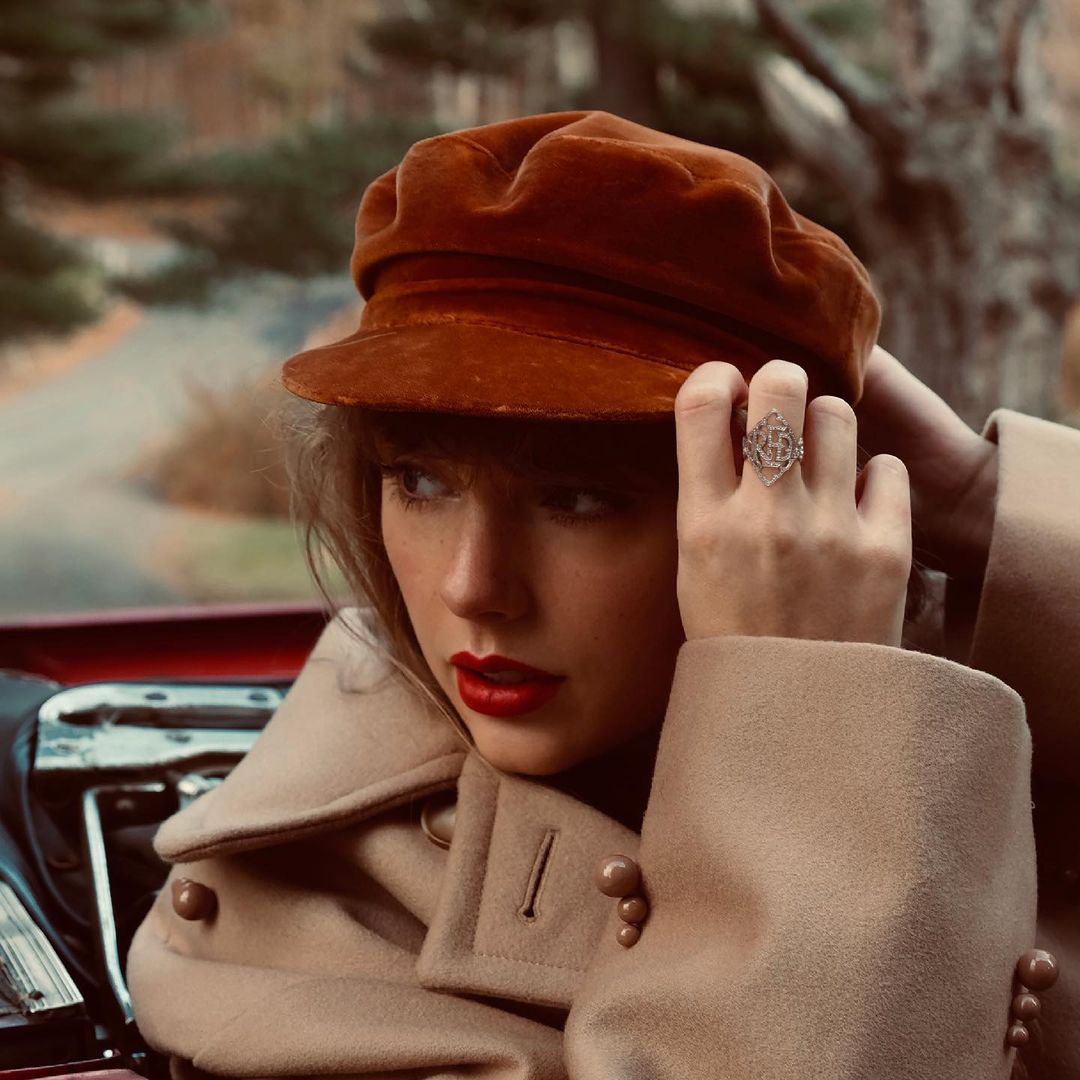The past couple of years have been a whirlwind for Grammy award winner Taylor Swift and her fans. In 2019, music executive Scott “Scooter” Braun acquired Big Machine Records, the label that Swift was signed to. In doing so, Braun took control of Swift’s masters, worth around $300 million. After he refused to sell them back to her, Swift decided to re-record all of her old albums, along with releasing three new albums.
On June 18, Swift announced the release of “Red (Taylor’s Version),” a re-recording of her fourth studio album, “Red.” The date of this announcement was, in Swift style, made on Braun’s birthday. Coincidentally, Braun chose this time to finally make a statement about his controversial musical acquisition — and it’s just as confusing as you thought it would be.
Braun claimed, “I regret and it makes me sad that Taylor had that reaction to the deal. … All of what happened has been very confusing and not based on anything factual. I don’t know what story she was told.” He then explained that he offered Swift the right to buy her masters back, but claims she refused. His statement is filled with feigned confusion and language that is intended to gaslight. He has now progressed from simply defending his acquisition as a business move to playing dumb. Braun’s statement was cloudy in its intent at best, but the most suspicious part about it was its timing.
Why did Braun choose this particular period of time, almost two years after the original deal was made, to make his statement public? Is it, perhaps, in response to Swift’s announcement of “Red (Taylor’s Version)”? Is it due to the success of “Fearless (Taylor’s Version),” a re-recording of Swift’s second studio album that was released in April? Is it because Braun believed that Swift’s decision to re-record her masters was a bluff? It’s an odd set of circumstances, for sure.
It’s even odder when one considers the complete radio silence on Scott Borchetta’s end, the owner of Big Machine Records who originally signed Swift. Even after the announcement of “Red (Taylor’s Version),” Borchetta refuses to give a clear statement. If Braun truly is feeling confused, Borchetta could’ve possibly cleared it up — considering he was the one person Swift trusted. Perhaps he might find issue with the fact that he sold her life’s work to the person she was most uncomfortable with. But alas, in Borchetta’s silence, Braun’s claims are the only source of clarity from that side of the acquisition — and he maintains that he offered Swift’s masters back to her.
Swift denied Braun’s claim that he offered to sell from the very beginning of the altercation, going as far as to publicly beg to buy her masters back and receiving no apparent response. She detailed in a Tumblr post, “For years I asked, pleaded for a chance to own my work. Instead I was given an opportunity to ‘earn’ one album back at a time, one for every new one I turned in.” She continued on to make her point very clear: “I just want to be able to perform MY OWN music. That’s it.” It’s a reasonable request, given the situation.
It all appears to be some haphazard attempt to limit her success and have some form of control over her. Accepting this deal would mean working double time to earn something that was wrongfully taken from her. The contract would have extended her work for another seven years. Swift, in a move of ownership and defiance, decided to focus on building her career further instead.
The decision to re-record “Red” is an intentional one and a huge deal for Swift fans. “Red” has long been considered a well-known fan favorite and it seems that this re-recording is a gift to them. It holds several of Swift’s biggest hits, including “I Knew You Were Trouble,” “We Are Never Getting Back Together” and “22.” The album will consist of 30 songs total, a testament to the fact that Swift never does anything halfway. She even mentioned that one song is going to be 10 minutes long, presumably her ballad “All Too Well,” which fans have been begging for the extended version of for years.
But even apart from its fan popularity, “Red (Taylor’s Version)” is almost a slap in the face — and not just to Braun. At the time of its release, “Red” was skipped for a Grammy, with critics calling it “not sonically cohesive,” which was a pivotal career point for Swift. To pick this album to re-record is a big “Look at me now!” to her critics, Braun and even The Recording Academy (or maybe it just has good autumn vibes).
With “Red (Taylor’s Version),” Swift isn’t just claiming back her life’s work: She’s also proving to women throughout the music industry that being a smart businesswoman starts with not being shy to establish ownership and stake a claim over your art. If someone of Swift’s caliber of success is facing these struggles, smaller artists must be jumping over infinitely larger hurdles. Now signed to Universal Music Group with the right to own all of her future masters, Swift wrote, “Hopefully, young artists or kids with musical dreams will read this and learn about how to better protect themselves in a negotiation. You deserve to own the art you make.”
Swift has taught several lessons about the music industry that could change the future of artists everywhere. One: People attempt to discredit and dismantle powerful women all of the time but with a good lawyer and a determination to prove yourself, success is within arm’s reach. Two: Art is valuable and time-consuming — it needs protection. Don’t sign it over when you’re 15 years old. And three: Stay away from men named Scott.















